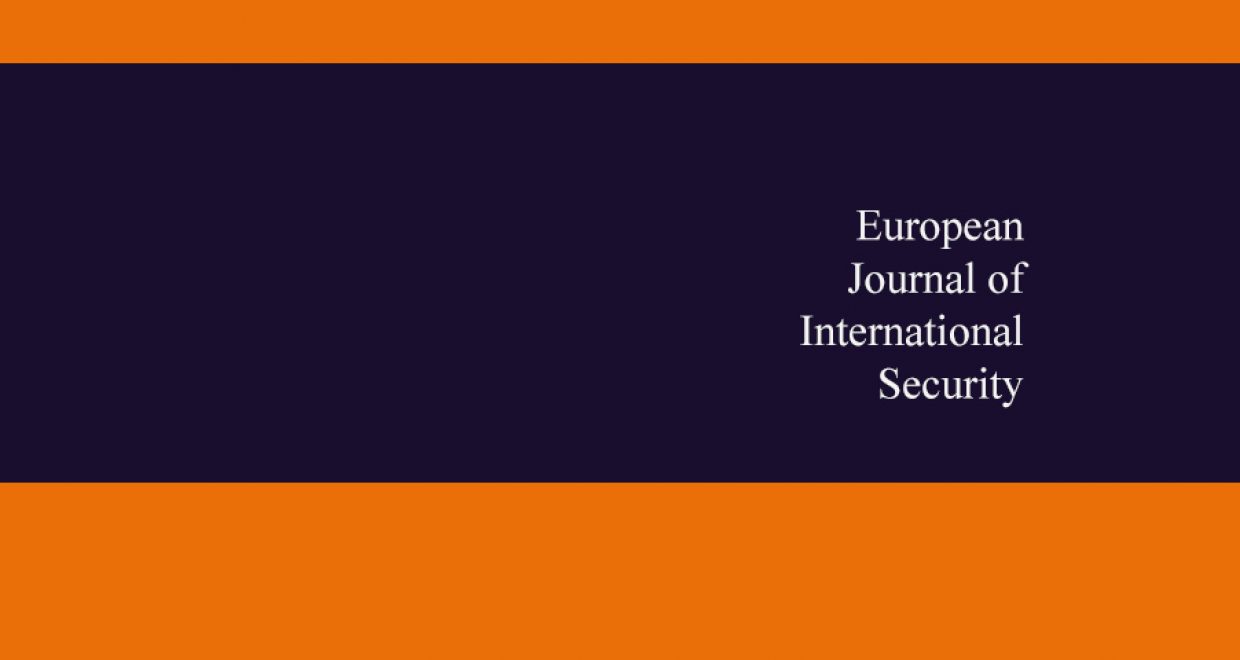The Paradox of Prevention in the Women, Peace and Security Agenda
Drawing upon her article in the European Journal of International Security (EJIS), Laura J. Shepherd explores ‘The Paradox of Prevention in the Women, Peace and Security Agenda’.
The analysis of conflict prevention as a political project is dated back by some to the Congress of Vienna in 1815. The project has tended to focus on ‘what works’ in conflict prevention rather than asking how prevention discourse functions. There is now an emerging literature that examines – mostly with reference to new policy initiatives aimed at preventing ‘violent extremism’ or related forms of political violence – how prevention discourse produces certain possibilities while excluding others. This body of work situates prevention within the broader discussion of liberal peace and its (bio)political rationalities of governance, for example arguing that:
‘[g]lobal liberal governance … responds to the turbulence of emerging political complexes by forming its own emerging strategic complexes as a means of dealing with the instances of violence that the densely mediated policies of the West periodically find unacceptable there or in response to the security threats that they are generally said to pose’.
My article analyses prevention as a central pillar of the ‘Women, Peace and Security’ (WPS) agenda. WPS is a policy architecture governing gender and conflict that is anchored in a suite of United Nations Security Council resolutions. ‘Prevention’ has been called the ‘weakest “P” in the 1325 pod’. This investigation is driven by a central puzzle related to the construction of prevention in the WPS agenda: How is it that prevention is constituted as something other than (military) security but is nonetheless governed by dominant logics of security and militarism?
I argue that an examination of prevention in the WPS agenda reveals its paradoxical construction. I show that prevention is constituted in the WPS agenda in three distinct and different ways: through a logic of security; a logic of militarism; and a (much subordinate) logic of peace. A logic of security securitises prevention, in accordance with the narrow conventional understanding that articulates security as the survival of the sovereign state. A logic of militarism militarises prevention, predicating prevention on the availability and suitability of military institutions and solutions to mitigate conflict. A logic of peace, conversely, pacifies prevention, constituting prevention as the transformation of conflict, violence and instability into peace. Prevention can thus be articulated into multiple and quite different constellations of meaning – meanings that are fundamentally at odds. This creates the paradox of prevention alluded to in the title of the article.
I further contend that recognising prevention as a paradox that is constituted within the contemporary system of security governance by logics of its own inhibition, forces ever greater scrutiny of the concept of security. It also opens up the possibility of reproducing prevention in the WPS agenda according to different logics or elevating the logic of peace that I identify. In this research, I show that simply pushing forward with the prevention pillar of the WPS agenda as it is currently configured is unlikely to have positive effects in the pursuit of sustainable peace. Further, if as I argue that prevention is undone in the moment of its articulation into practice such that it collapses into militarism/security, then the concept of security that is used to think with – in relation to peace, governance, the resolution of conflict and the recognition of dignity and the constitution of grievable lives – is of profound significance. There is a wealth of resources on which to draw in this endeavour. The WPS agenda purports to offer a transformative vision for peace, but its articulation of prevention in accordance with dominant logics of militarism and security render such transformation unlikely, if not impossible. It may be that working to reconstruct prevention in the WPS agenda is a necessary pre-condition for enabling the transformation of the war system that feminist activists and advocates desire.
– Laura J. Shepherd, Sydney University and LSE Centre for Women, Peace and Security in London
– The author’s EJIS article is available free of charge until the end of 2020.






